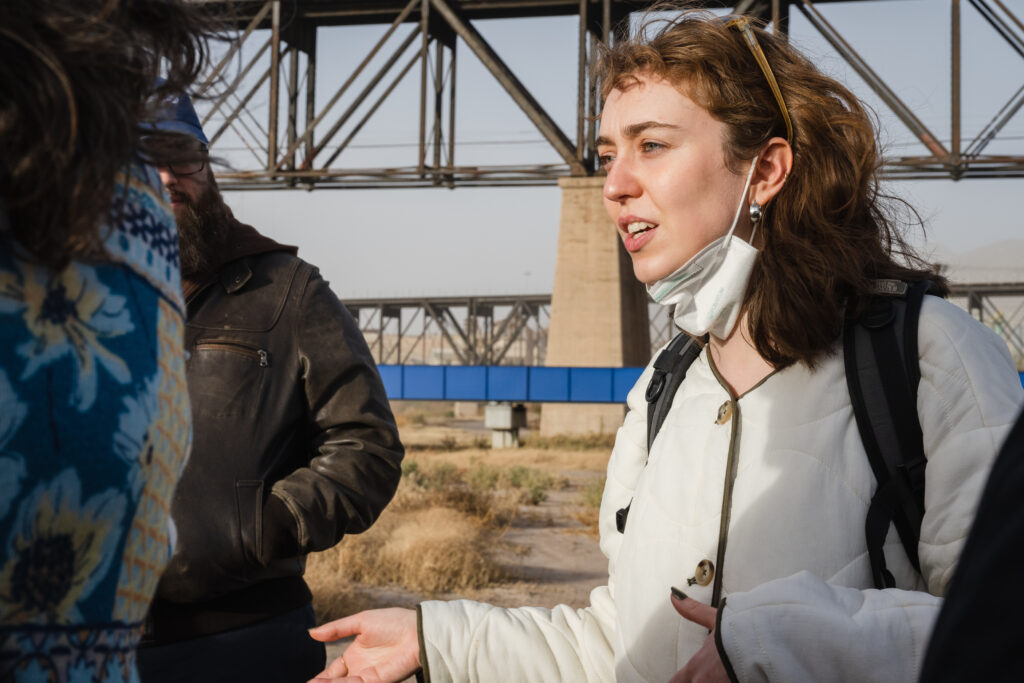Communities of Practice
What is a community of practice? A T’ruah community of practice will bring together 10-15 chaverim in good standing for shared learning and support as they work to advance human rights in a particular field. Each person is working on the issue independently, in their own rabbinate/cantorate — the group leaning is meant to enhance...
read more
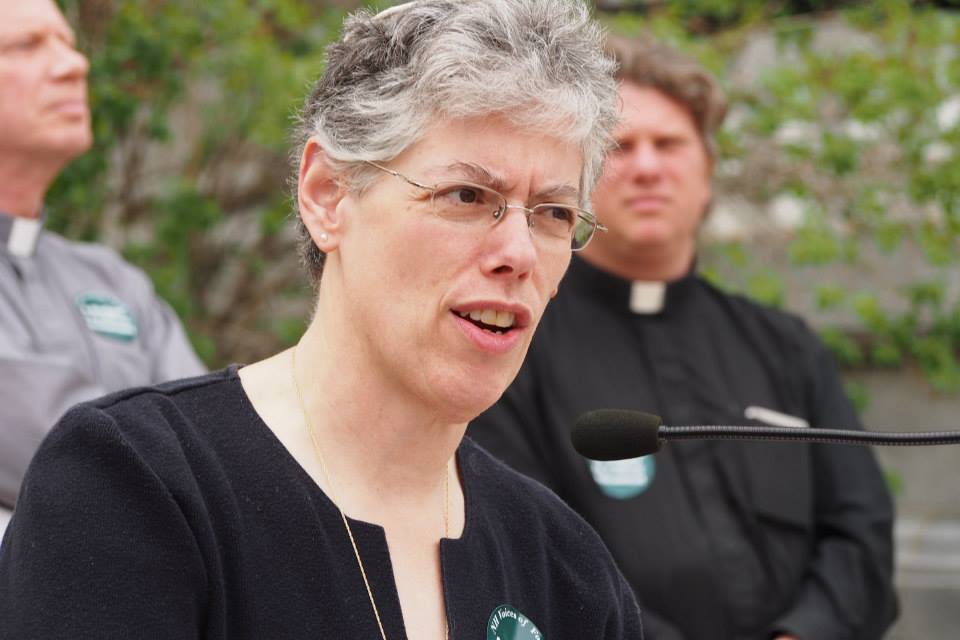
You Can’t Leave Anyone Behind
I love Israel. But I could never live in a place called “the Jewish homeland” when progressive Jews are treated as second-class citizens. In Israel, the Orthodox establishment controls matters of personal status – primarily conversions and marriages. Jews who wish to be married, religiously, by a Conservative, Reconstructionist, or Reform rabbi generally leave the...
read more

All God’s Creatures Great and Small (Parshat Noach)
The dominion over animals given to humans in Genesis 1:27, compared with the rabbis’ notion that humans were created equal to the rest of creation, is an example of God’s and our own ambivalence about being the stewards of every other plant and animal species. Noah’s care of the animals, taken in light of permission to eat them, seems to suggest that he owns them and can do what he wants with them. We, like God and our Sages, seem also to be ambivalent about our role as stewards of the rest of creation.
read more
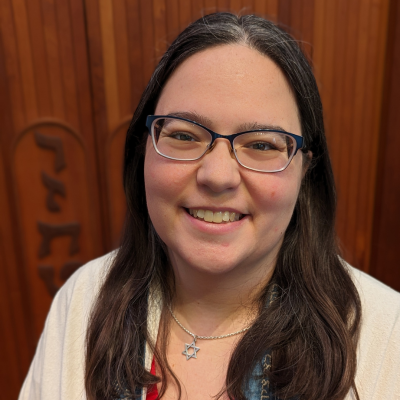
Beha’alotecha: Keeping the Fire Lit: Book Bans and Human Rights
The lights of the menorah in the Mishkan, and in the Temple, led to the ner tamid (eternal light) in our sanctuaries, and to our understanding that each one of us is a light too.
read more
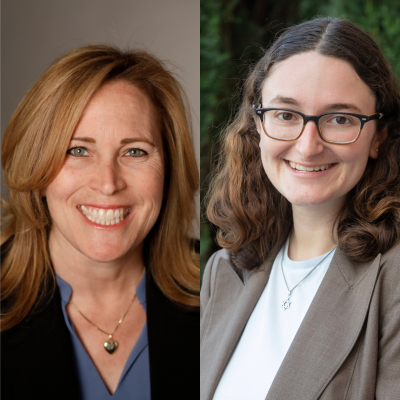
Sukkot: Sukkot and the Human Right of Dwelling Safely
Perhaps Sukkot is the festival of understanding our journey, for journeys have no concrete and steel foundations, only earth and sandy feet. And the yearning that should come out of this collective memory must be a passionate commitment to end homelessness everywhere, physical, spiritual, or national.
read more
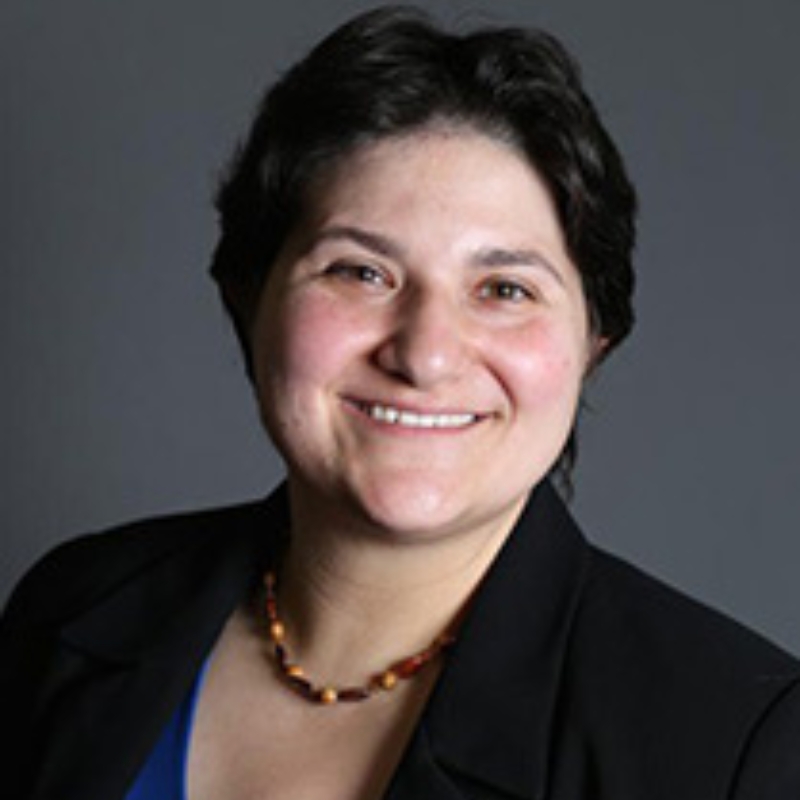
Tzav: We Are the Stranger
We know the heart of the stranger and we cannot allow ourselves to lose sight of these people, or allow statistics to blur them and their lives into a faceless “issue.”
read more
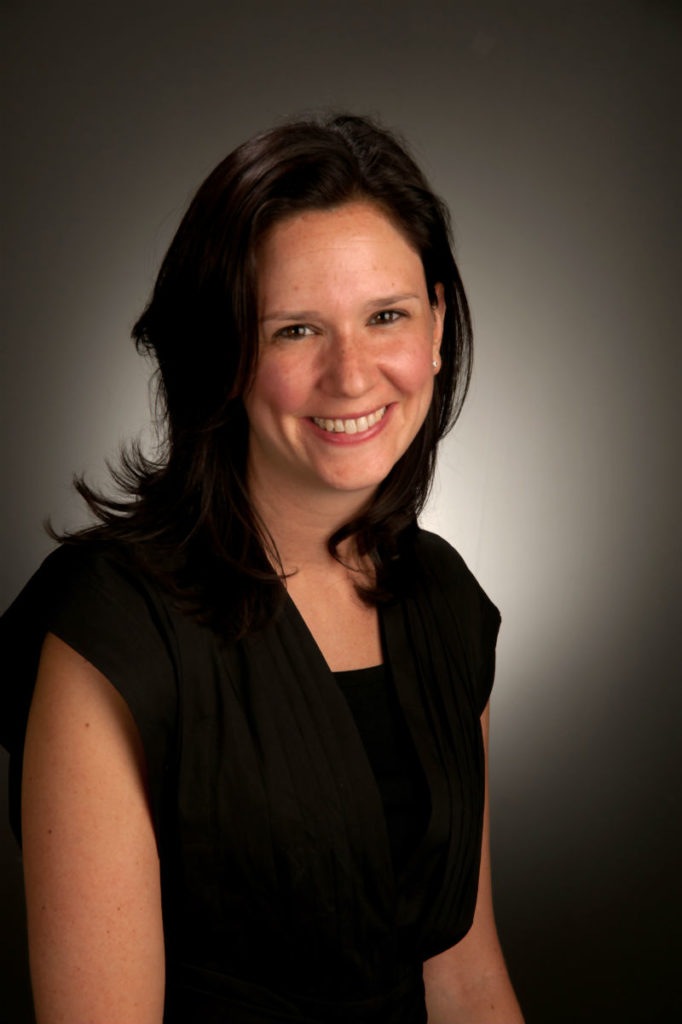
Safe Homes. Healthy Relationships. Strong Women.
A number of years ago, my good friend Shira and I dressed up for Purim festivities on the Upper West Side of Manhattan. My costume consisted of platform sandals, bell-bottoms, and a bohemian tunic, my hair parted down the middle and secured with a colorful head-band. Shira wore blue jeans, a tiara, and a black...
read more
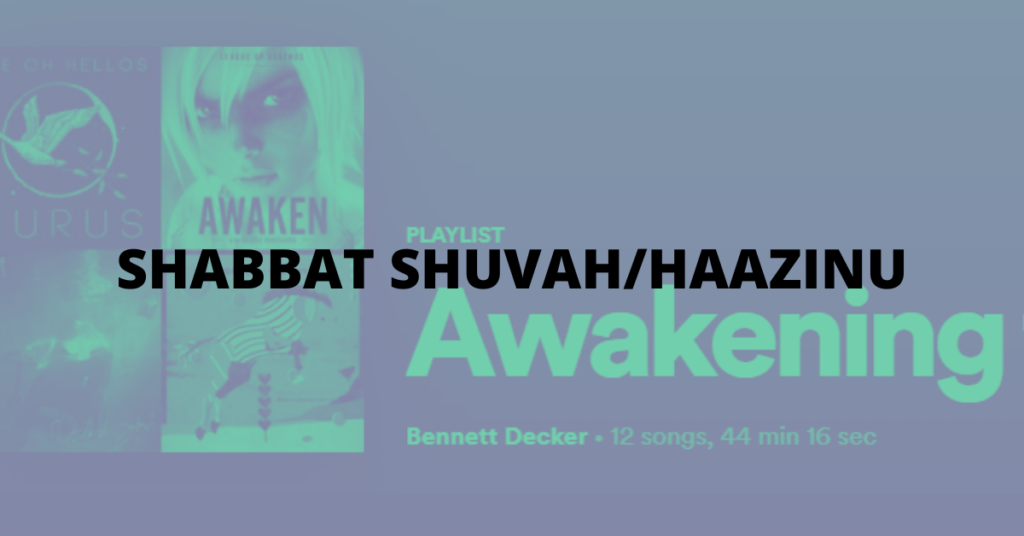
Reawakening the Justice of the Upper World: A Musical T’ruah
In this week’s parshah, Moses delivers a speech in the form of a song, marshaling the witnesses of heaven and earth to give ear to his words.
read more
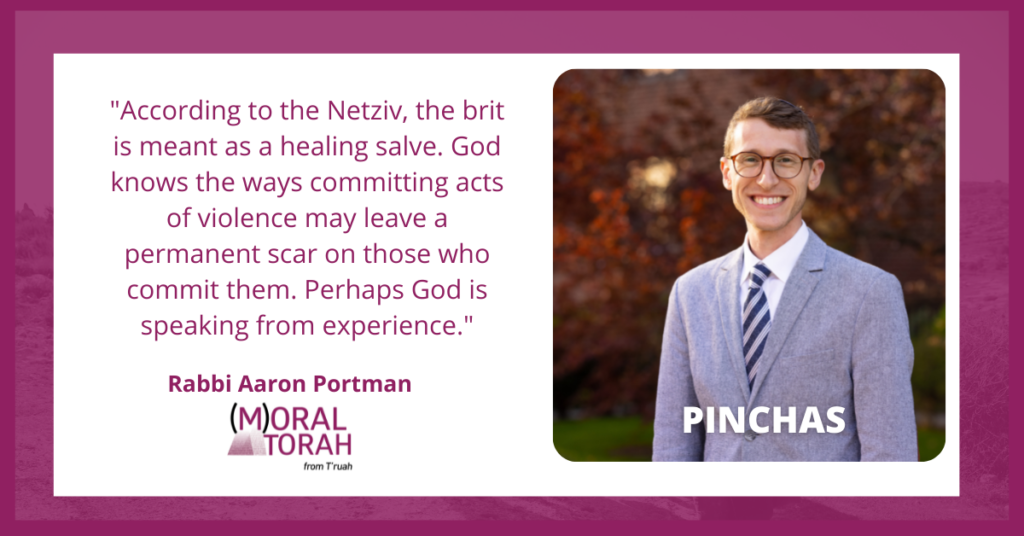
Reckoning With the Harm We’ve Caused
According to the Netziv, the brit is meant as a healing salve. God knows the ways committing acts of violence may leave a permanent scar on those who commit them. Perhaps God is speaking from experience.
read more

